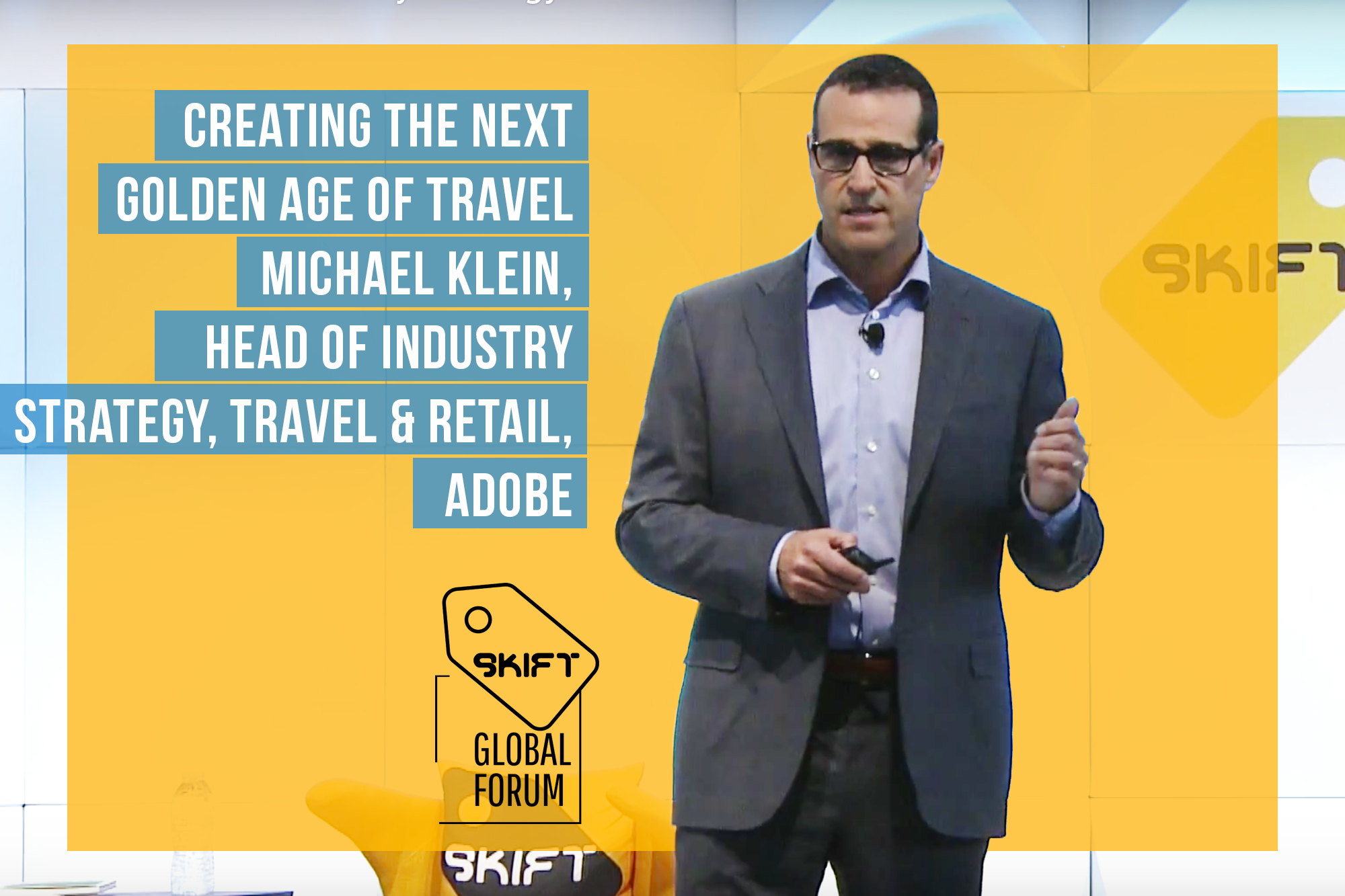by Aaron Baar, Staff Writer, October 4, 2016
According to Adobe Digital Insights, consumers spent more than $83 billion online during last year’s holiday season and all indications are that number will increase this year. As the 2016 holiday shopping season gets underway, digital marketers have been working to make their programs more effective with a greater focus on mobile, cross-device and search marketing. Search Insider talked to Adobe’s head of industry strategy for retail, Michael Klein, about search’s role — and the changes it may undergo — during this holiday season.

How do you see search playing out through the holiday retail season?
I frame it in terms of what were seeing in some of the shifts with mobile. There were huge increases last year in terms of online revenue coming from the mobile device. [This] really reinforces the idea that search is more important than ever, as folks are looking to find the best deals and all the options they have. We’re seeing a steady increase in mobile search, and we’re also seeing a steady decline in direct load or mobile Web. What I mean by that specifically is that since 2013, we’ve seen a 40% decline for mobile users on smartphones actually loading in [a specific Web site], and there’s been a 76% growth in mobile search over that same time. We’re trying to continue to reinforce the idea that search is going to be extremely important, especially in the mobile space.
Where is it that many retailers may be falling short in search?
It’s more a matter of where are they actually getting the biggest bang for the buck, and are they spending too much money on particular terms and not getting the return that they’re expecting on their spend. It really is about trying to have a mind shift [away from] the 80-20 rule [of focusing] on certain terms that are specific to my business or vertical, and really being able to look at them as a whole. If I think about it from a merchandising point of view, it’s “how does my whole assortment of products drive my business, as opposed to just my best-selling coat?”
Has that changed over the past few years, or is that a constant issue?
What we see is somewhat a shift of, “How do I become more educated? How do I get more awareness of what actually is happening and how do I take control?” Because for many, many years, brands have been relying on their agency to run this for them. We do see a significant shift of brands trying to bring this in-house; while they still may use an agency, there is much more transparency on what’s happening with the data and the performance.
Why are these clients looking to bring it in-house?
They realize that if there’s a cost benefit to them, there is more and more the desire to own the data and own that relationship. I think it’s the idea of being able to control one’s destiny a little bit more than before. I don’t want to throw agencies under the bus. The example of where it works best is where there is an agency involved, but the agency has recognized that by being transparent, they develop a much better relationship, and there isn’t as much mystique in that report that gets delivered to the head of advertising.
Does — or should — the approach to search change the deeper one gets into the holidays?
I don’t know if it should change, though the numbers certainly do. If I think about a term like “gift baskets,” the cost of the term in and of itself is going to be more expensive. That’s where the idea of portfolio-based management, and all the other things that come from that [become important]. I may not have the budget or wherewithal to spend it on that very, very precious keyword during a certain period. There are certainly going to be several terms that we’re going to see bubble up over the next few months that retailers are going to take notice of.
What would your strategy be between now and the end of the year? Would you be doing anything else?
I don’t know if there’s anything in particular that someone is going to have to look out for other than these guys are going to be working many more hours over the next months to optimize their terms and get that into their analytics. If the technology they have in place can utilize the mountains of data that is going to become available to them because they have many more visitors, shoppers and page views, they can get a better idea of the categories. If the pipes have been connected, it’s going to be the ability to leverage all of the data points and the mountains of big data and bring that into search in some way, shape or form.
(This interview has been condensed and edited.)
MediaPost.com: Search Marketing Daily
(12)